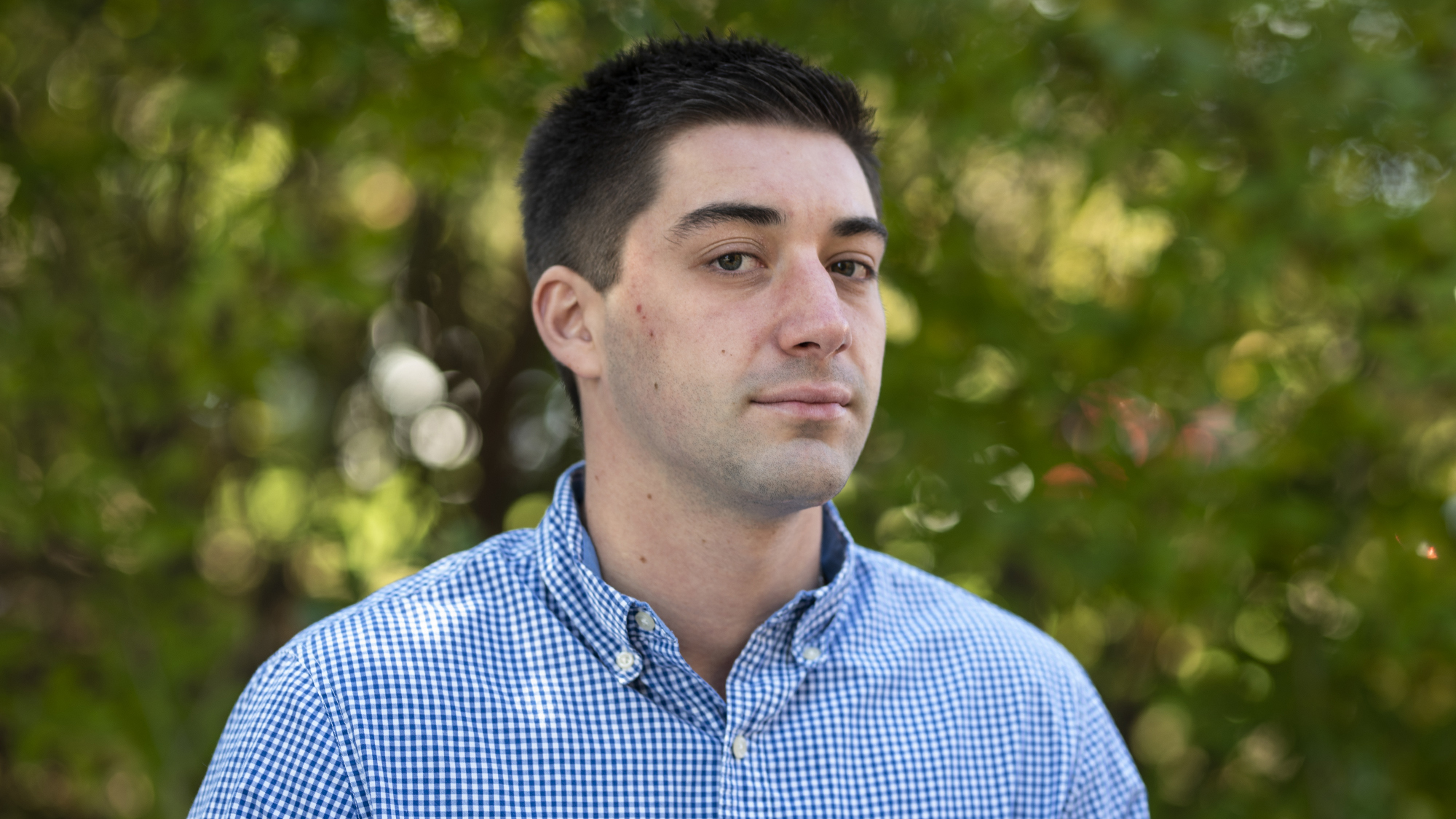By Aadit Tambe
For The Diamondback
When Wyatt Wisnosky’s summer internship was canceled due to the COVID-19 pandemic, he decided to start a company to help young enterprisers connect with experienced advisers across the country.
Boost Innovation Company — co-founded by Wisnosky, a senior economics major at the University of Maryland, and his high school friend Matthew Linehan — connects entrepreneurs and small businesses with advisers in various industries who can provide insight and guidance.
“It’s essentially a Zoom marketplace,” said Linehan, a senior philosophy, politics and economics major at the University of Pennsylvania. “For entrepreneurs, mostly, but any small business in reality.”
The company currently has 35 advisers in different fields, Wisnosky said. Users can schedule appointments with their advisers every two weeks to ask questions and receive guidance on their venture.
“We really want to create a nice cushion or patch to go with [growing companies] and lift them up as they continue to grow,” Linehan said.
In addition to matching users based on skills, Boost matches by timeline, looking at what stage the company is in — whether it’s a new startup or a company that is winding down and looking to sell off its assets.
Users pay advisers directly for a 30-minute, 60-minute or 90-minute session that they set up, Wisnosky said. Advisers can choose their own rates, but Boost charges advisers a 19.5 percent service charge per meeting.
[“The need doesn’t go away”: UMD students turn to volunteer work during pandemic]
“That’s kind of what appeals to the advisers, is we let them choose their own rates and their own hours,” Wisnosky said. “I tell them every time I’m on a call, ‘You can work zero hours a week, you can work 100 hours a week, you know, you can charge $5 an hour, you can charge $5,000 an hour.’”
The average rate for an hour is $200, Wisnosky said, but the company is trying to lower costs as much as possible.
In the future, Linehan said, the pair wants to partner with universities to connect students with professors and entrepreneurs who want to speak directly to students within specific university communities.
This would be free for the entrepreneur, Linehan said, and Boost would charge a licensing fee to the university.
Jonathan Romano, a senior government and politics major, used Boost in June to get help writing a business plan for a company he works for, called Janten Development. Romano was tasked with expanding the New York-based company to College Park.
“It was very simple and easy,” Romano said. “It was really cool because you can see their availability on the Boost website, you can find a time that works for you.”
[One for the history books: Local voters cast ballots at UMD on Election Day]
He said he plans to connect with the adviser he worked with through Boost again to discuss further areas of improvement for the company he works for.
The relationship Romano built with the adviser is exactly what Boost hopes to encourage, Wisnosky said.
“We’re really trying to build a connection between advisers and clients,” Wisnosky said. “Obviously at the end of the day it’s a business transaction, but we want to be more than that. We want there to be potential for both the adviser and the client.”



